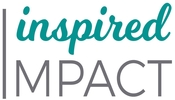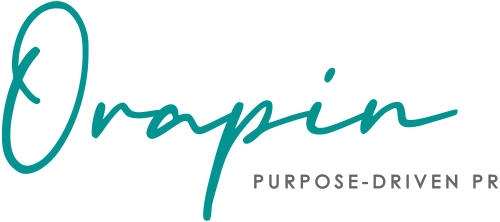 INSPIRED IMPACT™ gives voice to social entrepreneurs and leaders of purpose-driven organizations who are making an impact in their communities, industries, and around the world.
INSPIRED IMPACT™ gives voice to social entrepreneurs and leaders of purpose-driven organizations who are making an impact in their communities, industries, and around the world.
Vincent Atchity is the President & CEO of Mental Health Colorado headquartered in Denver. Follow them on Facebook, Twitter, Instagram, LinkedIn, and YouTube and learn more at mentalhealthcolorado.org.
WHO ARE YOU AND WHAT DO YOU DO?
My name is Vincent Atchity and I’m the president and CEO of Mental Health Colorado. Mental Health Colorado has been around since 1953 and we are the state’s leading advocacy organization for promoting mental wellness, ending stigma, and increasing access to quality affordable care for all Coloradans who need it.
WHAT DO YOU STAND FOR? WHY DOES THE WORLD NEED YOU?
Because mental health is the most important kind of health. It’s the only health that, if we play our cards right, we could stand to retain even as our physical bodies are inevitably declining. We should all aspire to retain mental health even up until the moment of our final breath and yet we think of mental health last as a community. We don’t pay much attention to mental health until we’re in a state of crisis, and generally, view folks with serious mental health concerns as other than us in one way or another rather than recognizing that all of us are vulnerable to serious mental health crises.
WHAT IMPACT ARE YOU MAKING?
One of the clearest measures of our impact has been the extent that we have achieved good, strong outcomes in legislation over the last many years. A lot of the Colorado reforms that have successfully created resources and programming to increase access to mental health care have come as a result of Mental Health Colorado led efforts. In the last few years alone, there has been $60 million or more of funding directed toward mental health in Colorado.
Another key area of our work is drawing ever-widening attention to mental health as a primary factor in the quality of everyone’s lives and our efforts to end the stigma traditionally associated with mental health issues. I think the state has come a long way. One example is in understanding that substance use is a mental health issue and acknowledging that the connection between mental health and addiction is critical for addressing a health need that is taking a major toll on lives and on the economy in the state.
WHAT (OR WHO) INSPIRES YOU TO MAKE THIS IMPACT?
I, like so many people, have had experiences with family, friends, and coworkers whose mental health has been a major factor in the quality of their lives. I’m inspired to do this work because of my proximity with folks who have experienced extreme mental health distress and by the concerns we have for our children and young people as they learn to navigate life on a hostile planet and face mental health stressors without either adequate preparation or access for care.
WHAT’S YOUR VISION, YOUR BIG DREAM, FOR THE ORGANIZATION AND THE IMPACT YOU WANT TO MAKE?
There are a number of different features of our mental health landscape that indicate that we are in a state of public health crisis when it comes to mental health. My dream is that Colorado could leave behind its position in the bottom third of the country for health needs versus access to care and climb to the top. I believe Colorado could get to number one in the country based on the population’s high level of education, our available resources, and on the relatively small number of our population – the entire population of the state of Colorado is something like half the population of Los Angeles County. Some measures that would indicate that we are making the move to the front of the pack would be a dramatic reduction in the rate of youth suicide, for which we are currently ranked number six in the nation; a reduction in arrest rates and the extent to which we rely upon the criminal justice system as a default tool for managing people with unmet mental health needs; and a reduction in opioid overdose deaths and methamphetamine deaths.
There are many different measures that would indicate that we are on a better path for mental health. The major obstacle to that is difficulties in understanding what people’s needs are and inadequacies when it comes to the complications of the systems of care that are available. Another challenge is the lack of compassion and understanding on the part of community members when it comes to being there to be supportive of one another.
WHAT RESOURCES DO YOU NEED TO MAKE THAT DREAM COME TRUE?
As a nonpartisan nonprofit organization, we are entirely dependent on the generosity of donors and members of the community who sponsor our work and recognize that mental health is the most important health we have. Grant funding to support policy advocacy, which is our primary line of work, is difficult to obtain and we need that. What we also need to see on a community level is real implementation of parity law, which is where health insurance payers cover mental health and substance use care at the same level they cover other sorts of medical and surgical interventions. Finally, we need an increased level of expectation that people should not be stigmatized for seeking care for mental health needs and that they should be able to seek that care with the same level of confidence that they would for broken limbs or other different kinds of physical ailments.
WHAT CHALLENGES ARE YOU FACING?
We’re in a particularly divided time where we’re politically polarized as a community as well as around things like science and distrust of government and distrust of highly trained intelligence. These divides are challenges, like disorders on a community scale, that make forward progress challenging because we generally rely upon our trust in intelligence and science to make progress.
WHAT WORDS OF ADVICE DO YOU HAVE FOR OTHER LEADERS LOOKING TO MAKE AN IMPACT?
Find your allies. Big problems can’t be solved by single independently operated organizations. We need to work together as an efficient team of allies to make an impact. Put your ego aside to a certain extent and aim for larger successes than any single organization can achieve on its own.
WHAT’S ONE THING YOU WANT PEOPLE TO KNOW ABOUT THE IMPORTANT WORK YOU’RE DOING?
We’ve come such a long way in recent years with regard to creating a set of understandings when it comes to supporting our physical health. Everybody has an image in their mind of what the ideal plate should look like in terms of the distribution of foods that you’re eating and everybody has some notion around the benefits of physical activity versus a sedentary lifestyle. I think we need to develop a similar set of understandings and expectations about how we support our mental health. We need to understand that our mental health is going to vary over the course of a lifetime and sometimes even over the course of a day and that the extent to which we take our own and each other’s mental health seriously will be greatly influential in terms of how successfully we are improving our society’s overall mental health.
HOW CAN OTHERS SUPPORT YOU OR YOUR CAUSE?
There are a few different ways. First, people can join our statewide network of volunteer advocates called “The Brainwave” where they can share stories of their own mental health journey, about an experience they’ve had in seeking or providing care, or about some experience they’ve had as a community member as it relates to mental health. We call upon The Brainwave to provide firsthand testimony when we are advocating for policy change in the legislature. Second, people can sign up for our newsletter and follow us on our various social media platforms to stay informed about opportunities for volunteering and advocating for all of our mission objectives. Third, they can donate to our work. Finally, they can take the time to be there for one another. Oftentimes, when we say “Hi, how are you?” to somebody the generic response is “Great. How are you?” and then we both keep walking. Instead, take a moment and recognize that there is an actual opportunity to have a check-in with somebody of which could be meaningful and shape the course of their entire day.
Orapin Marketing + Public Relations supports purpose-driven brands and leaders with a rallying cry and a deep desire to make an impact. We share their stories, news, expertise, and advice to increase awareness, trust, and engagement. If you would like to be featured on INSPIRED IMPACT™, reach out to hello@orapinmarketing.com.

